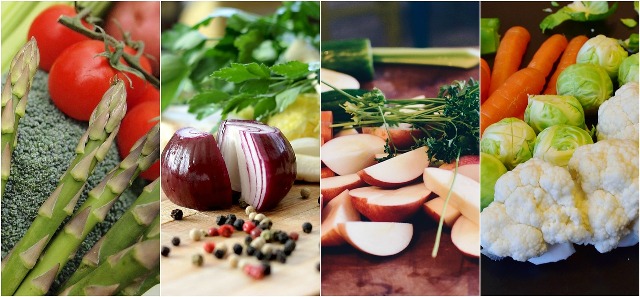There is a strong link between diet and the diseases your body plays host to. What we eat and our nutritional status can affect cardiovascular diseases, some types of cancer and diabetes. Foods, diet and nutritional status, including overweight and obesity, are also associated with elevated blood pressure and blood cholesterol, and resistance to the action of insulin. These conditions are not only risk factors for non-communicable diseases (NCDs), but major causes of illness themselves.
Globally, calories obtained from meat, sugars and oils and fats have been increasing during recent decades, and those from fibre-rich foods such as wholegrains, pulses and roots have been declining according to FAO. Consumption of processed and convenience foods continue to rise rapidly in LMICs (low and middle-income countries) like India. This nutrition transition affects dietary patterns and nutrient intake, which influence the risk of developing NCDs.
Link between diet rich in plants
Consuming predominantly plant-based diets reduces the risk of developing obesity, diabetes, cardiovascular diseases, and some forms of cancer. Plant-based diets are high in vegetables and fruits, wholegrains, pulses, nuts and seeds, and have only modest amounts of meat and dairy. These diets help to achieve and maintain a healthy weight, reduce blood pressure, and are also rich in sources of dietary fibre (which protects against colorectal cancer).
Food and nutrients
Fruits and vegetables independently contribute to preventing cardiovascular disease. It is likely that particular vegetables and fruits, including cruciferous vegetables such as cabbage and broccoli, and many fruits or vegetables that are rich in folate, also protect from developing cancers of the colon and rectum, mouth, pharynx, larynx and oesophagus.
Eating red and processed meat increases risk of developing colorectal cancer. Saturated fat and trans fats increase blood cholesterol and cardiovascular risk. Higher sodium/salt intake is a major risk factor for elevated blood pressure and cardiovascular diseases, and probably stomach cancer. Diets high in meat and dairy also increase blood pressure. Diets high in energy-dense, highly-processed foods and refined starches and/or sugary beverages contribute to obesity.
Policy recommendations for the government
Develop and implement a comprehensive range of well-targeted policy actions to provide an environment conducive to nutritious, healthy diets. This should include the options set out in WHO and UN documents and take a coordinated approach to undernutrition, obesity and NCDs. World Cancer Research Fund International’s NOURISHING framework lists some of the policies needed to change food environments, food systems, and create incentives for behaviour change.
The Modi government should ensure that agricultural and food policies are supportive of health policies. They should set nutrition goals for policies, programmes and interventions in agriculture and across all other relevant sectors.
Where data is available, the government should monitor the implementation and effects of policies to address nutrition and NCDs following the indicators set in international frameworks. They should also assess the effects of agri-food systems and policies on nutrition and NCDs.
The government should ensure evaluation is incorporated early in the policy development process and establish data collection systems where data is lacking.
This article is part of a series on natural healing.


